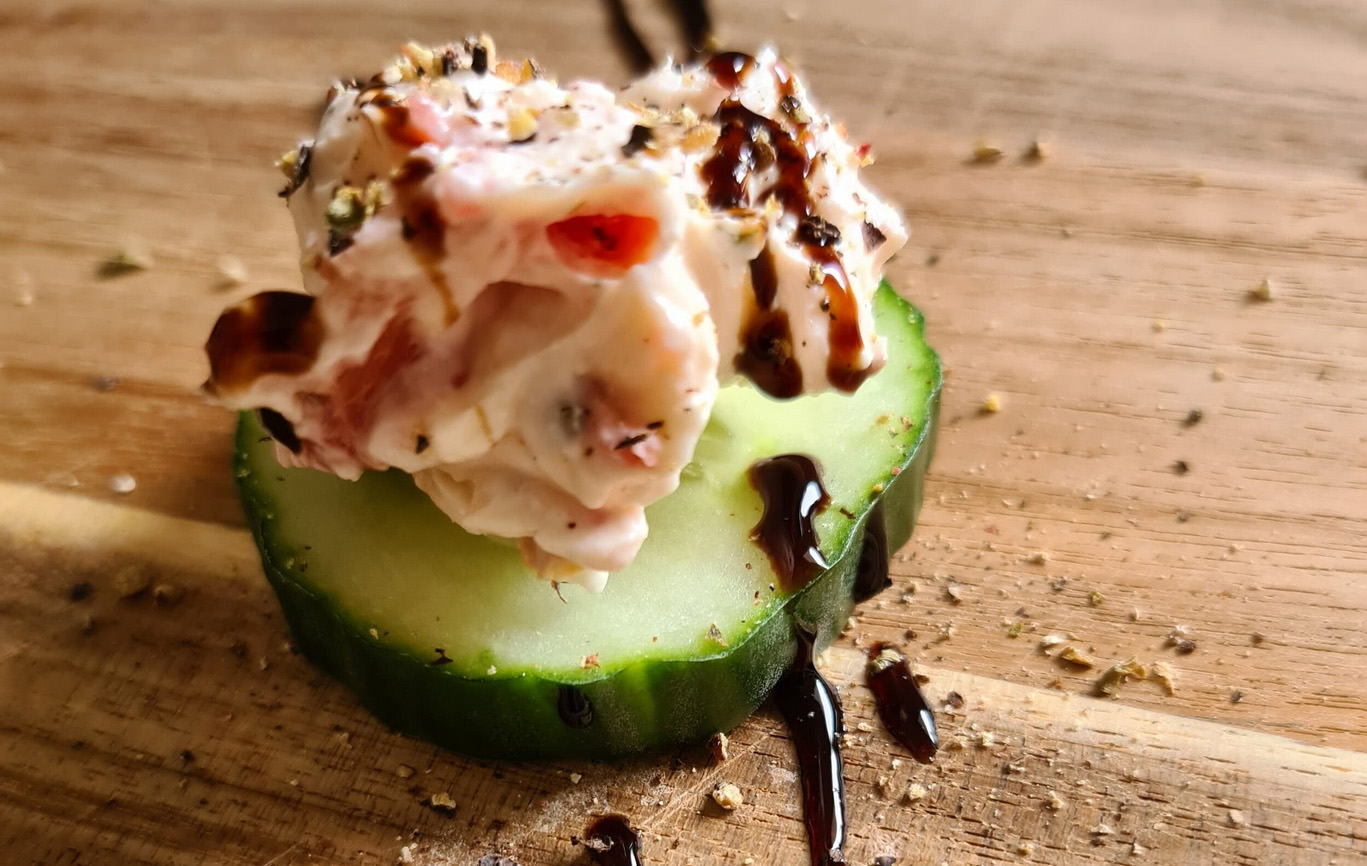Fussy Eaters
Providing for a fussy eater can be difficult, but in many cases it has been found to be a normal part of development for preschool-aged children. It’s often a way for children to explore their environment and assert their independence. Nurturing a child’s independence while still encouraging healthy-eating behaviours demands patience and commitment from parents, and to promote both there are a few things they can be encouraged to do.
1. Be a role model
Research has shown that Australian children are not eating nearly enough fruit and vegetables, which is the same research that found Australian adults are consuming much lower intakes of fruit and vegetables. Young children are renowned for being copycats and they most often learn their eating habits from their family, with parents playing a key role. Parents should be encouraged to eat a wide variety of foods themselves and sit down and eat these foods with their children.
2. Respect the child’s independence
Controlled feeding has been linked to children developing unhealthy eating behaviours, including a lower interest in healthy foods, fussy eating and a lower diet quality. Alternatively, providing children with options and involving children in meal preparation has been found to nurture their independence, which in turn improves diet and vegetable intake. While parents should be encouraged to choose which foods to serve, children should be involved in the decision process and be allowed to decide how much they want to eat.
3. Encourage exploration
Research into child eating behaviours has found that it can take up to 10 tries before a child accepts a new food, yet parents tend to give up after 2-3 attempts. While it can be the taste that averts children from particular foods, it can also be the texture. As an adult, we have the ability recognise and enjoy a particular food in various textures but this can be an overwhelming experience for a children when the texture doesn’t align with their understanding of a particular food. For example, a child who has been introduced to a carrot in its raw form might become anxious and confused when served a softer cooked carrot. Parents should display patience, explaining foods and textures while encouraging touch and self-feeding.
While fussy eating is generally manageable, there will be cases in which a child will simply not accept certain foods. Persistent fussy eating can become concerning when children severely restrict foods from the five main food groups or when eating becomes overwhelmingly stressful and unpleasant. In these cases, there may be an underlying issue that needs to be addressed. Parents who are concerned about their child’s eating behaviours should seek support from their Physician or our Accredited Practising Dietitian.



